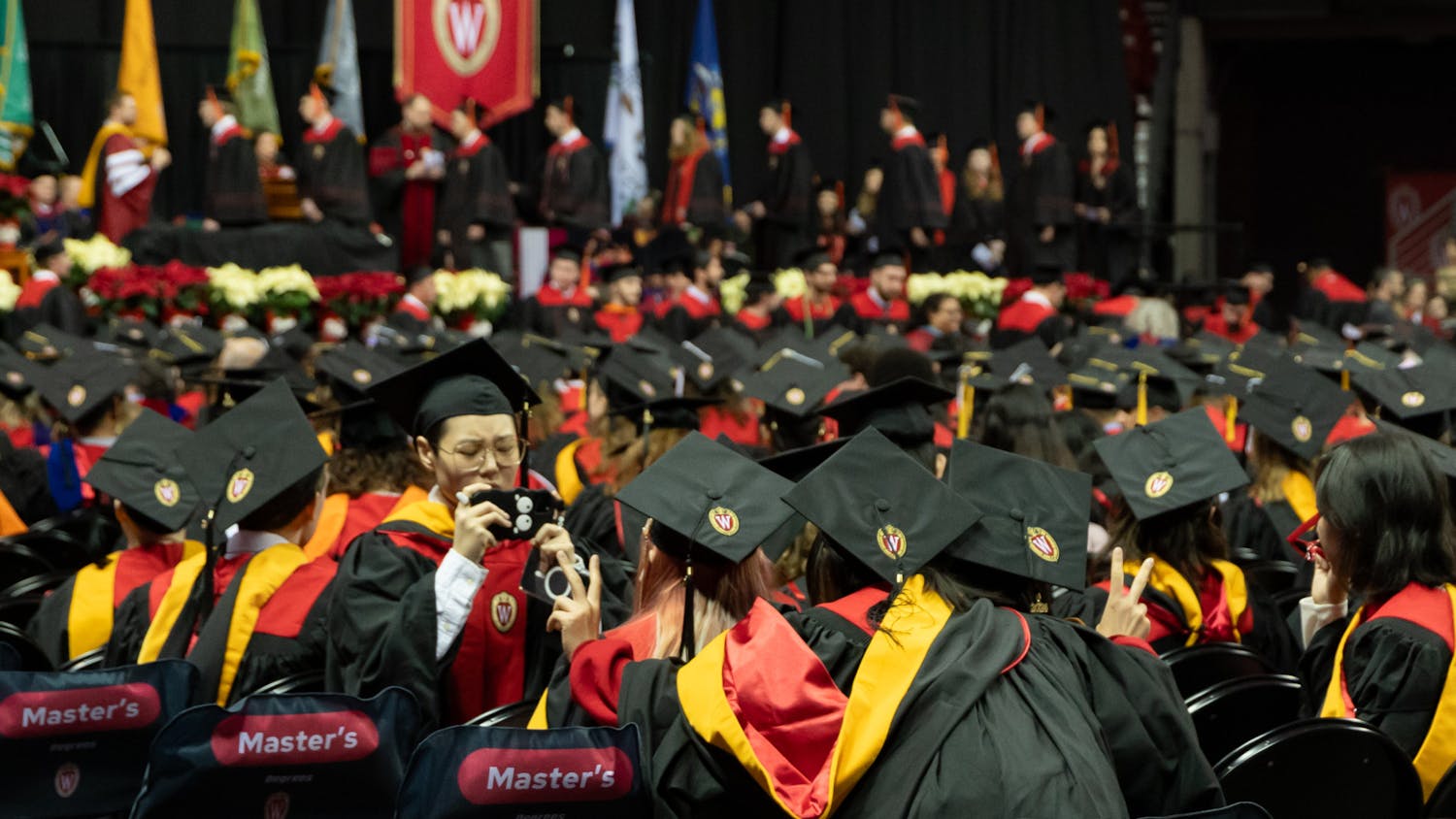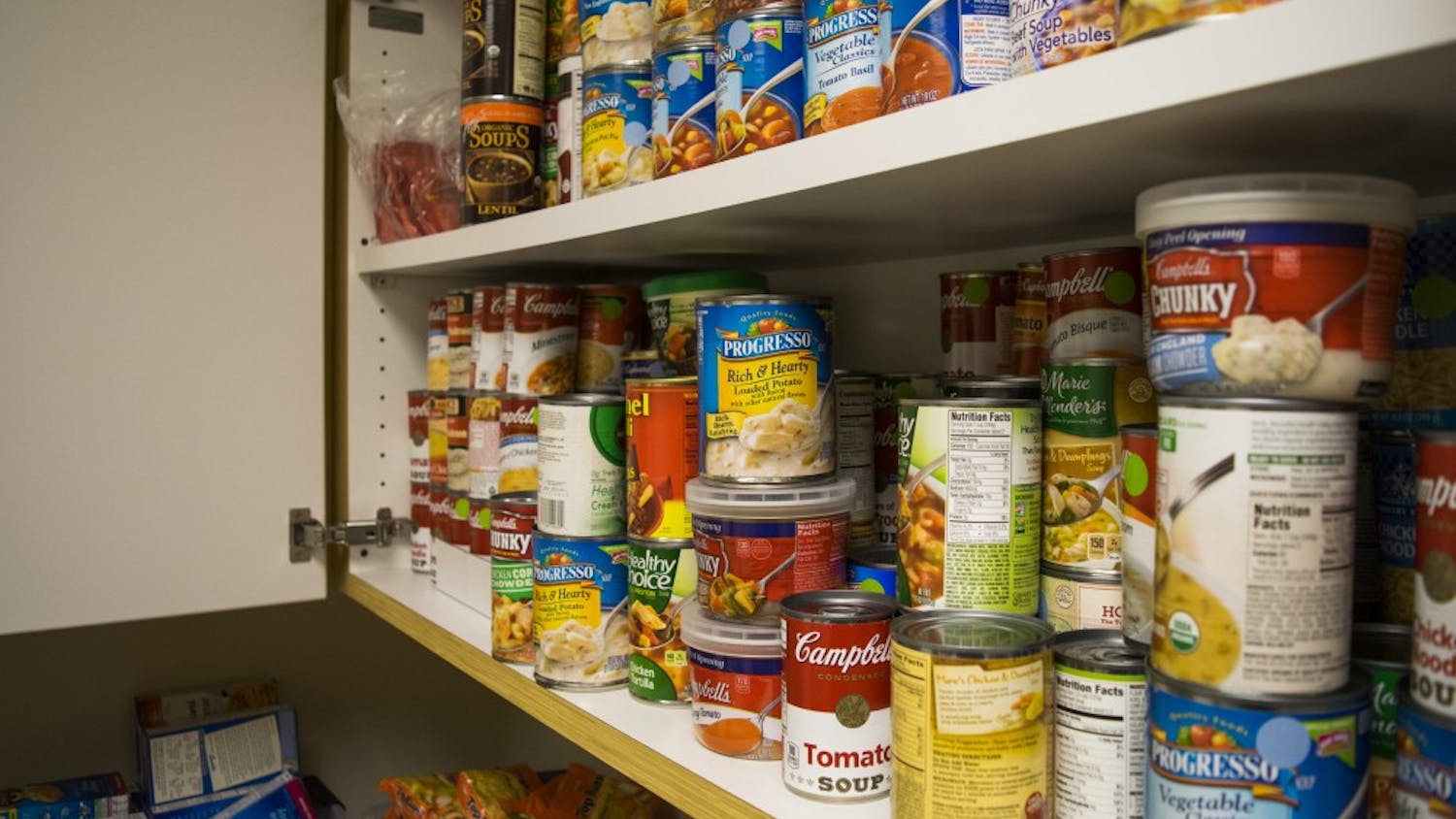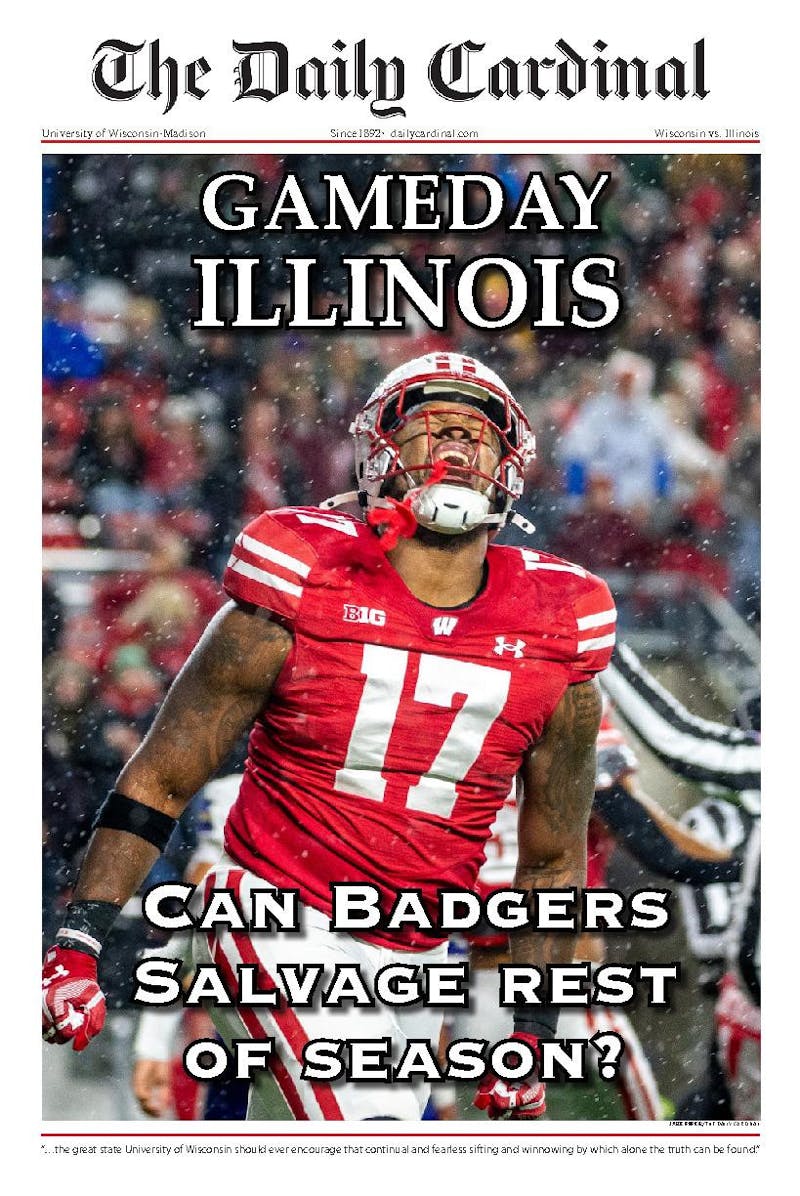According to an ACT report released last March, high school graduates are unprepared for college in math, science and reading. Furthermore, the number of unprepared students has risen over the last decade, with 49 percent of those who took the ACT lacking the reading skills needed for success in college.
But while academic preparation has plummeted in recent years, the push to participate in clubs, activities, community service and sports has grown. However, the statistics on academics suggest that high school students should refocus their attention on academics instead of activities in which they have little interest.
Holistic admissions, which take criteria such as an applicant's race, legacy and extra-curricular activities into consideration, have contributed to increased pressure placed on students to participate in out-of-classroom activities. Holistic admissions have negatively affected students by demanding a level of performance both in and out of the classroom that is nearly impossible to attain.
Although holistic admissions were certainly developed to reward students for signs of potential outside the classroom that might contribute to their college success, they have turned into ammunition for students to participate in an overabundance of clubs, sports and community service activities merely to beef up their college applications.
Because of the pressure of holistic admissions, high school students feel inadequate unless they do year-round sports, participate in student council, preside as vice president of Honors Society, play first-chair clarinet and help out the underprivileged in their community. Oh yeah, and they absolutely must get good grades and test scores.
Though holistic admissions originally aimed to admit students of diverse interests and talents, it seems that instead they have succeeded in teaching students to become robotic clones, all competing to see who is the most ""well-rounded"" student—in other words, who is best at performing to please others while ignoring personal needs and wants, such as sufficient sleep and time for introspection and solitude. An even worse impact of holistic admissions, beyond bringing students to the edge of nervous breakdowns, is that many college bound students take advantage of the preference given to minority students.
Students who are one-eighth Hispanic, for instance, often claim that they are a minority to make up for what they lack in academics. This cannot be the goal administrators had in mind when they started holistic admissions at UW-Madison. This does nothing to actually advance diversity or help admit people with underprivileged backgrounds.
And in complete contradiction to wanting to attract students of diverse backgrounds, UW-Madison considers legacy, or being related to alumni, as part of holistic admissions. Not only is giving preference to legacy completely unfair, but it is counter-intuitive to creating a diverse population of students.
Admissions criteria need to clearly place the emphasis back on academics, which will encourage high school students to make it their main focus. However, because grades and ACT scores aren't always representative of a student's potential, admissions should still consider other factors, but perhaps reword and refocus the criteria. UW-Madison should do away with considerations of race and legacy, as they in no way contribute to a student's potential.
UW-Madison administrators should also reword the criteria that reward students for developing their individuality or showing signs of personal growth through pursuing a unique talent or interest.
This will encourage students to participate only in the activities that truly interest them and will discourage the epidemic of joining clubs just to put them on a college application. With this, students will learn to develop personality, integrity and uniqueness, and they will be rewarded for being themselves instead of just playing the game.





